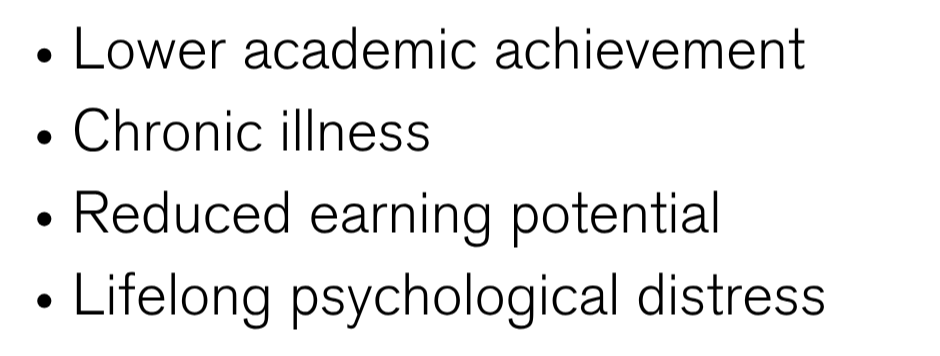Remembering 1976: From Protest to Plate
Each year on 16 June, South Africans honour the brave youth of 1976, young people who defied an oppressive regime to demand dignity, access to education, and freedom. They marched against erasure. They marched for a future.
Today, almost five decades later, our youth remain just as courageous. But this time, the injustice they face is not language imposed on them. It is hunger. The violence is quieter now. Not bullets, but breadcrumbs. Not tear gas, but torn bread bags. Not fire on the streets, but silence in classrooms where stomachs rumble louder than textbooks speak.
A National Crisis Hidden in Plain Sight
According to the Socio-Economic Rights Institute (SERI) in its recent report Reflections on Food (In)Security:

This is not a supply crisis.
South Africa produces enough food.
This is a crisis of access, equity, and policy failure.
Hunger is Not Just About Food
To reduce hunger to a lack of calories is to overlook its deeper damage. Hunger shrinks not just the body, but the future. It erodes concentration. It stunts physical and cognitive development.
It plants shame where there should be possibility.
Stunting is not just about height. It is a predictor of:

This is the quiet cost of hunger: unrealised human potential.
A Broken System, Not Broken People
The most painful irony? Many of the people who grow, prepare, or sell food, farm workers, informal traders, and domestic workers, are themselves food insecure. This is not accidental. It is the result of decades of deregulation, corporate consolidation, and a system designed to serve profit, not people.
Just five supermarket chains control 64% of the market. Meanwhile, the national minimum wage (R5,074/month) cannot cover the cost of a basic food basket for a family of seven (R5,348/month). We’re not failing to feed our children because we are poor. We are failing because the system is unjust.
The Intimate Politics of an Empty Plate
Hunger is deeply personal. It shows up:

As bell hooks wrote, the struggle to end domination begins in the intimate spaces of daily life.
And there is no space more intimate than a home without enough food.
Our Response: Resisting Through Redistribution
We are working to rewrite this story. We rescue surplus food that would otherwise be wasted, not as charity, but as justice.
Because:

This work isn’t about pity. It’s about potential. We honour the legacy of 1976 not just with remembrance, but with redistribution.
The Road Ahead: From Memory to Movement
As we reflect on Youth Day, we must ask:

The youth of 1976 risked their lives for freedom. The youth of 2025 are being punished with hunger for being born into poverty. It is not enough to say “never again” to the brutality of the past. We must also say “not now” to the injustice of the present. Because the cost of hunger is not just felt today. It echoes through generations.